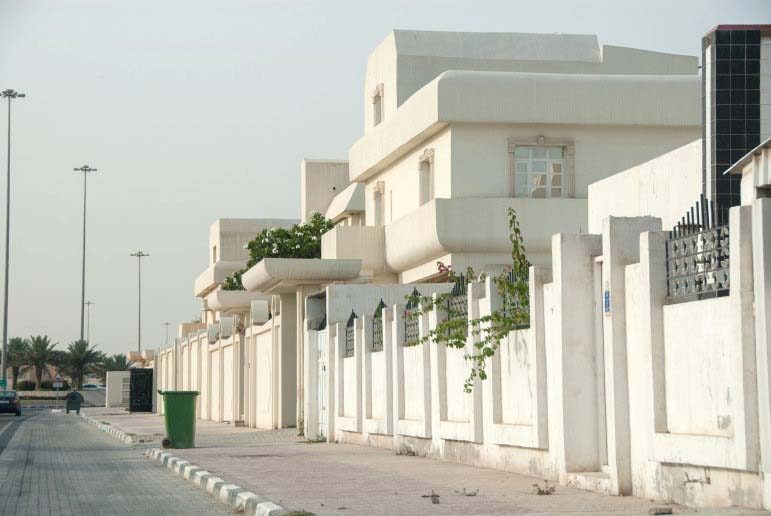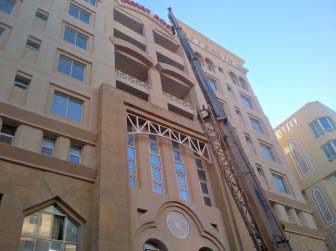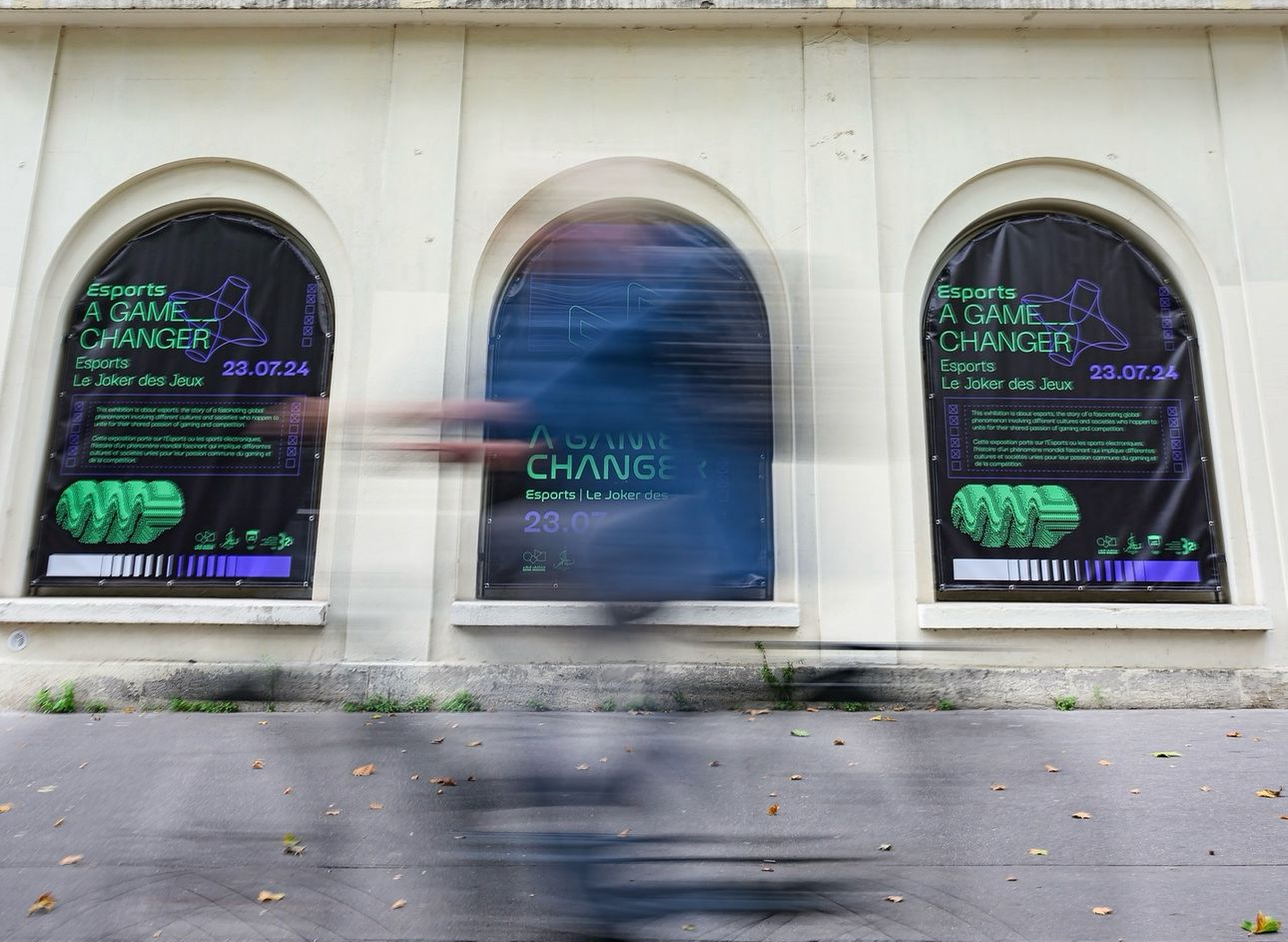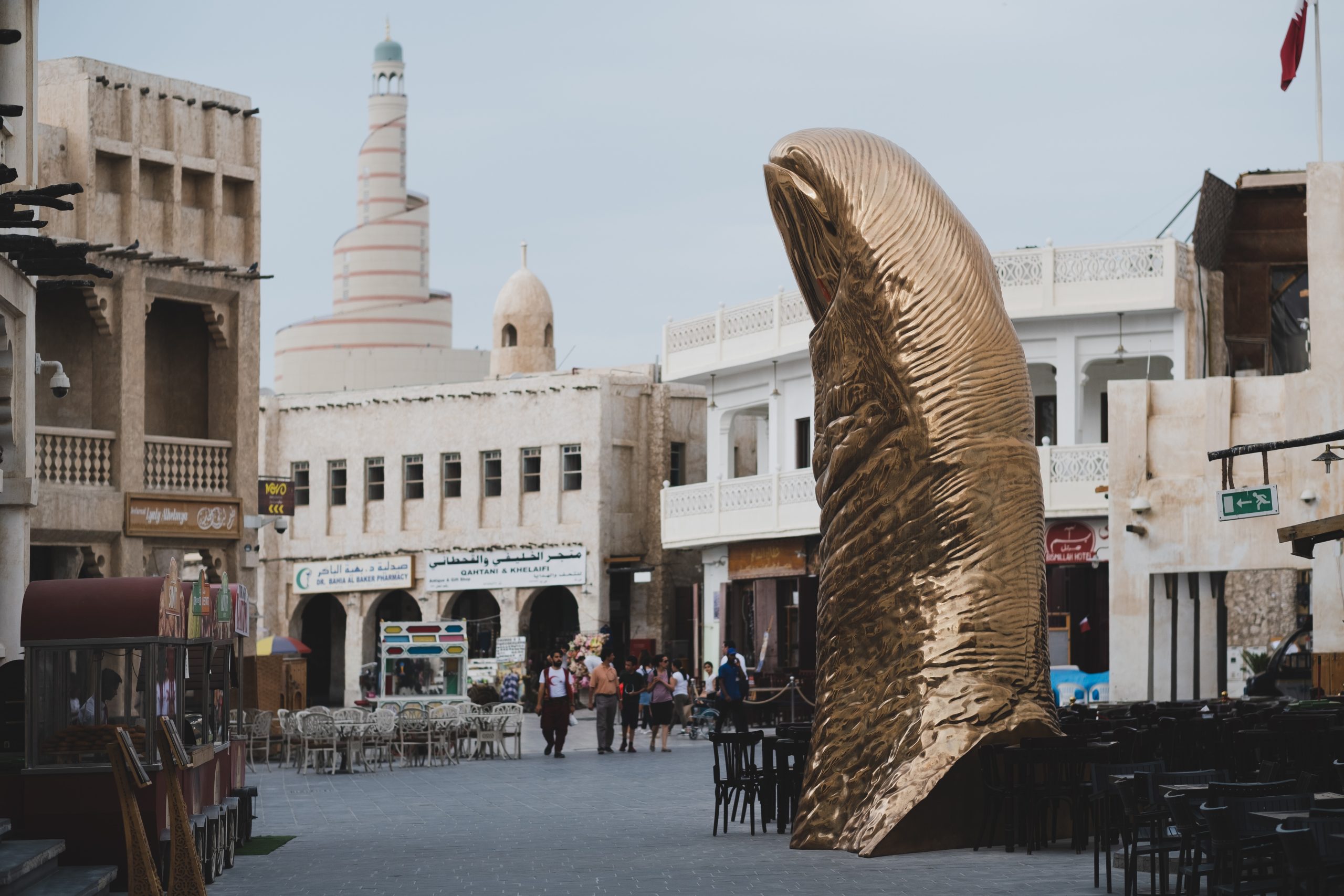
Fewer Qataris are apparently choosing to rent homes instead of buy them, despite soaring land prices amid a development boom, according to new government figures.
As of September 2013, some 12 percent of Qatari households live in rented homes, down from 16.8 percent in 2008.
Meanwhile, nearly two-thirds of expats live in rented accommodation, according to the fifth edition of the Household Expenditure and Income Survey, which was conducted by the Ministry of Development, Planning and Statistics (MDPS).
Over the past few years, Qatar has become an increasing expensive place to buy land and build. Prices are especially high in central Doha, where much of the prime real estate has been earmarked for several infrastructure projects.
Amid the development, figures released by the Ministry of Justice last week showed that there is also increasing demand for small plots of land in Doha and its suburbs to build houses.
For example, a moderately sized house of 1,123sqm in the central district of Fereej bin Mahmoud recently sold for QR90 million (US$24.7 million), at a rate of QR80,000 (US$21,974) per square meter.
This is significantly more than homes in some of the most exclusive and desirable parts of central London, which command prices of QR62,367 (US$17,131) per square meter.
In-depth look
The MDPS report, which is more than 200 pages long, provides an in-depth look into Qatar households.
Last month, the selected figures from the report were released, outlining that Qatari households bring in three times as much income as expat ones. But the full breakdown of the survey has only now become publicly available.
To collect its findings, the ministry conducted a year-long study between September 2012 and September 2013 of the detailed income and spending habits of 3,856 households – 1,920 Qatari and 1,936 non-Qatari.
Each family was asked to keep a diary of all their money coming in and out for the month.
Notably, the average Qatari household was more than twice the size of the average non-Qatari one (nine people versus four people). “Collective households” and labor camps were not included in this survey.
Of the sample of households, 82 percent of Qataris lived in their own homes, 12.6 percent rented and 4 percent resided in government housing.
This compares to 62 percent of non-Qataris renting, while nearly one fifth (18 percent) lived in accommodation provided by their companies and 16 percent in government housing.
Monthly spend
Housing accounted for only 8 percent of the average Qatari family’s monthly expenditure, although for many the actual cost was lower because so many own their own homes.

Rent, however, took up a third of the average expat’s household, at QR6,177.
Total average monthly expenditure for a Qatari household came to QR49,663, while for non-Qataris it was QR18,084.
The biggest single expense for the average Qatari household was transport and communications, which accounted for one-fifth of the monthly budget (QR9,560).
Food was the next biggest expense for both Qataris and non-Qataris, taking up 16 percent (QR8,033) and 15 percent (QR2,700) of outgoings, respectively.
Other points of interest regarding Qatar households include:
- Some 8 percent of Qatari households and 9 percent of non-Qatari households don’t own a computer.
- The most common type of dwelling for a Qatari household is a villa. Two-thirds of Qatari respondents described their house as one, while 1.5 percent said they lived in a palace, 9 percent in an Arabic house and 3 percent in a flat.
- Half of non-Qatari households reported living in an apartment, while nearly one third (28 percent) said they lived in a villa.
- The vast majority of the households surveyed (91.7 percent Qatari and 87 percent non Qatari) said they mainly used gas to cook.
- Some 60 percent of all households on average live less than 1km from the nearest food shop, while nearly one tenth (9.8 percent) live more than 5km away from one.
- And only around one-fifth (22 percent) of households in Doha said they had their domestic rubbish collected by a dustman, while more than three quarters of people reported they disposed of it by throwing it in the nearest container.
Last month the Ministry of Municipality and Urban Planning warned people that they risked fines of up to QR5,000 for dumping garbage at the roadside or in public places, while those who leave garbage bags outside their homes, rather than disposing of them in bins, could incur a QR100 fine.
The crackdown on littering is part of Baladiya’s public cleanliness campaign, We All See You.
Here’s the full MDPS report:
Thoughts?







